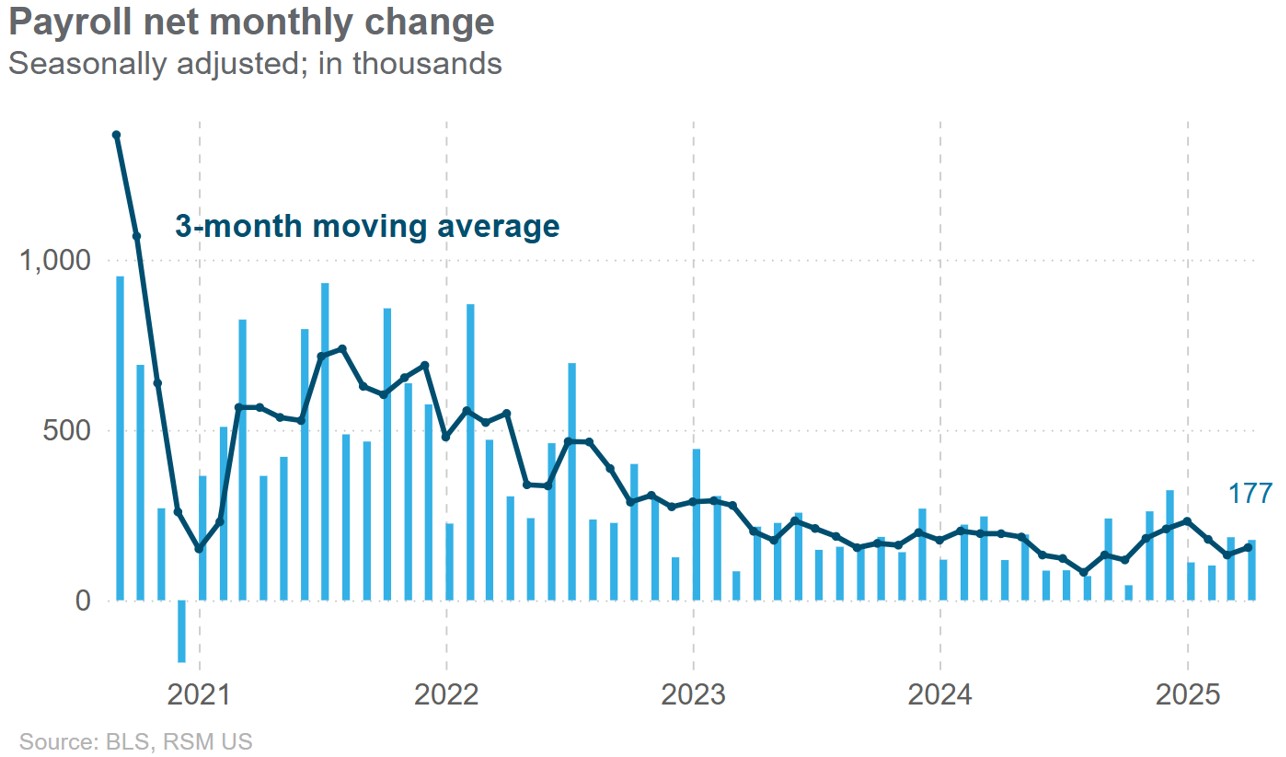Alarming Literacy Crisis: U.S. High School Seniors Hit Rock Bottom in Reading Proficiency

The latest National Assessment of Educational Progress (NAEP) - often referred to as the Nation's Report Card - has revealed a stark and troubling decline in academic performance among high school seniors. These groundbreaking results mark the first comprehensive assessment of student achievement since the disruptive COVID-19 pandemic, painting a sobering picture of educational setbacks.
The test results show a significant drop in both mathematics and reading proficiency among 12th-grade students, highlighting the profound impact of pandemic-related school closures and remote learning. Educators and policymakers are now confronting the urgent challenge of addressing these learning gaps and helping students recover lost academic ground.
This unprecedented decline underscores the critical need for targeted interventions, additional educational support, and innovative strategies to help students catch up and regain their academic momentum. The NAEP data serves as a crucial wake-up call for schools, administrators, and communities to prioritize student learning and recovery in the post-pandemic educational landscape.








